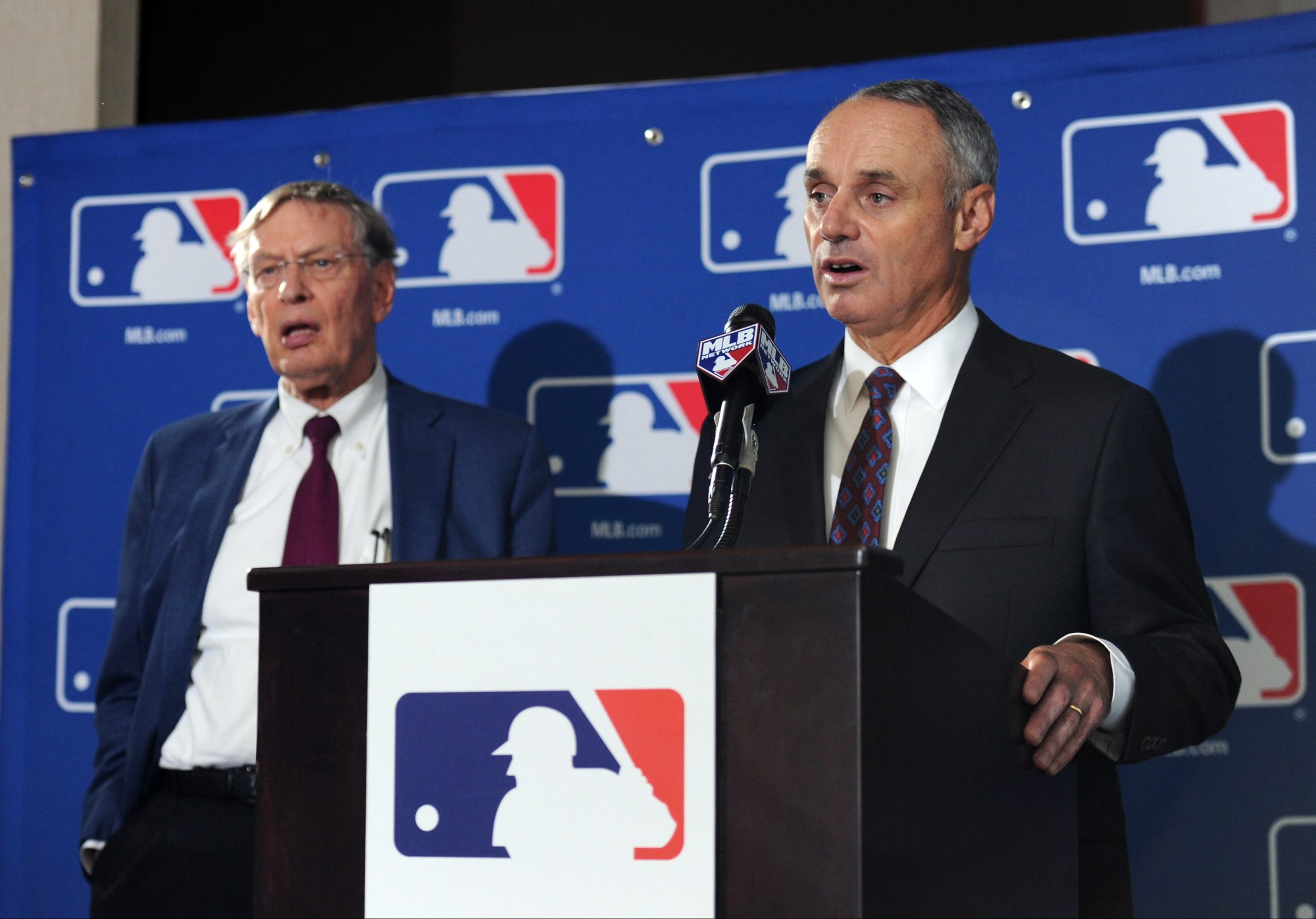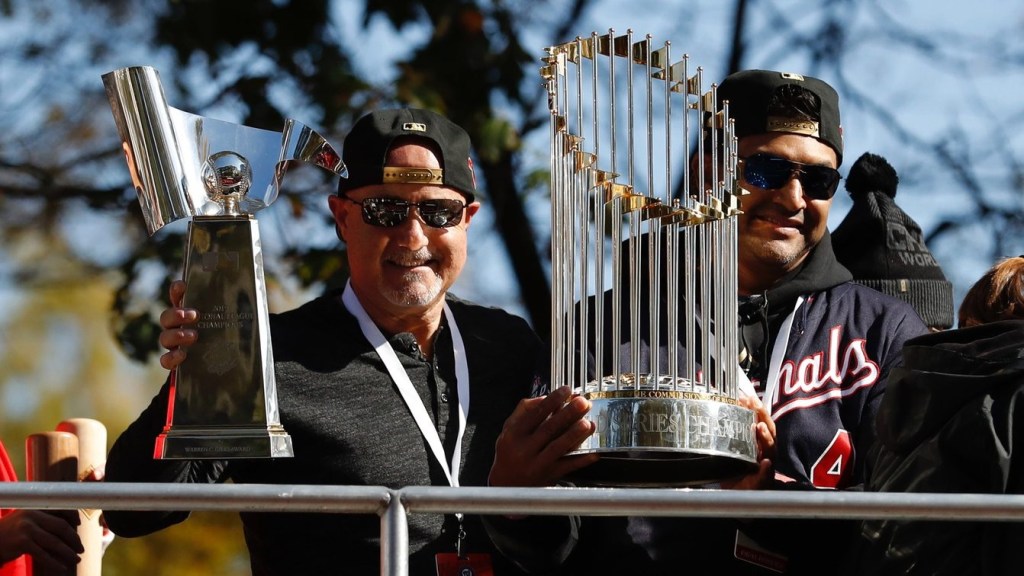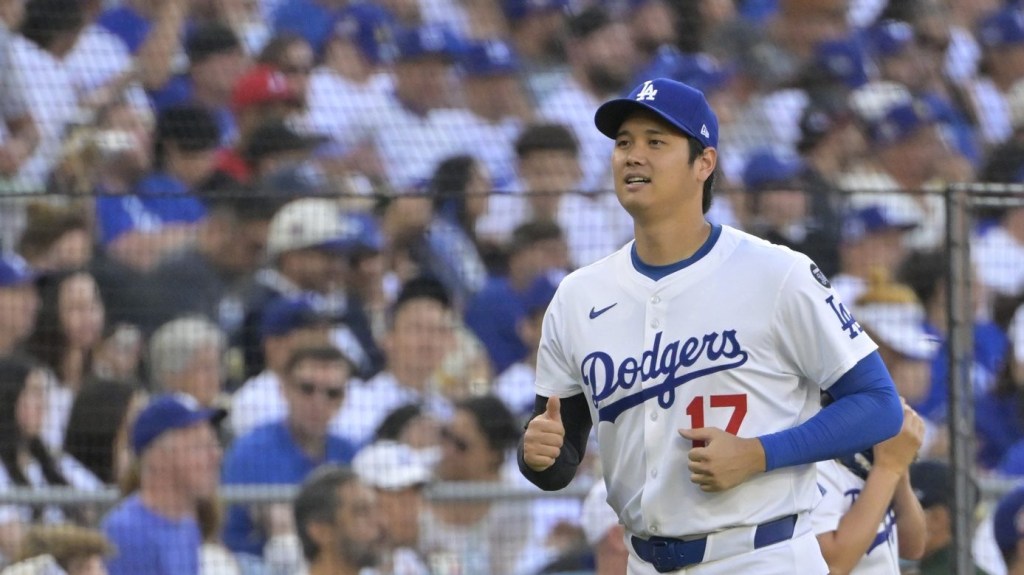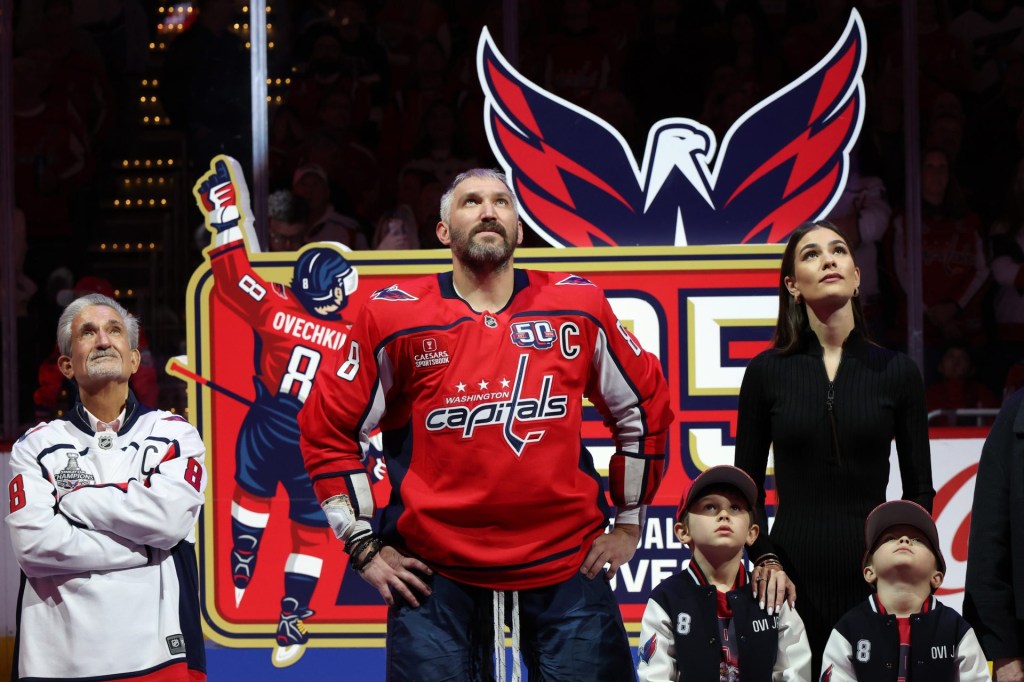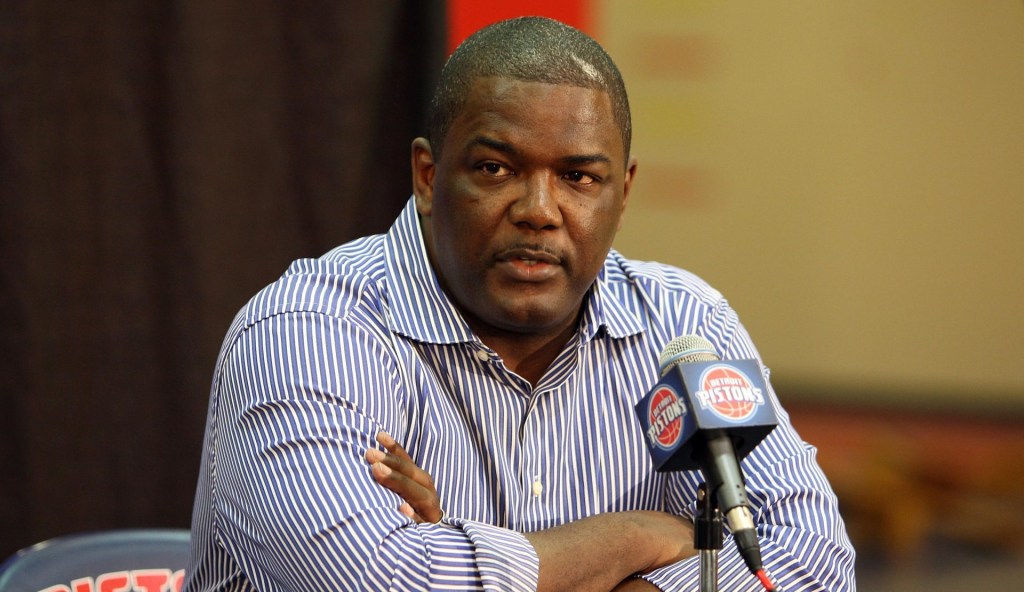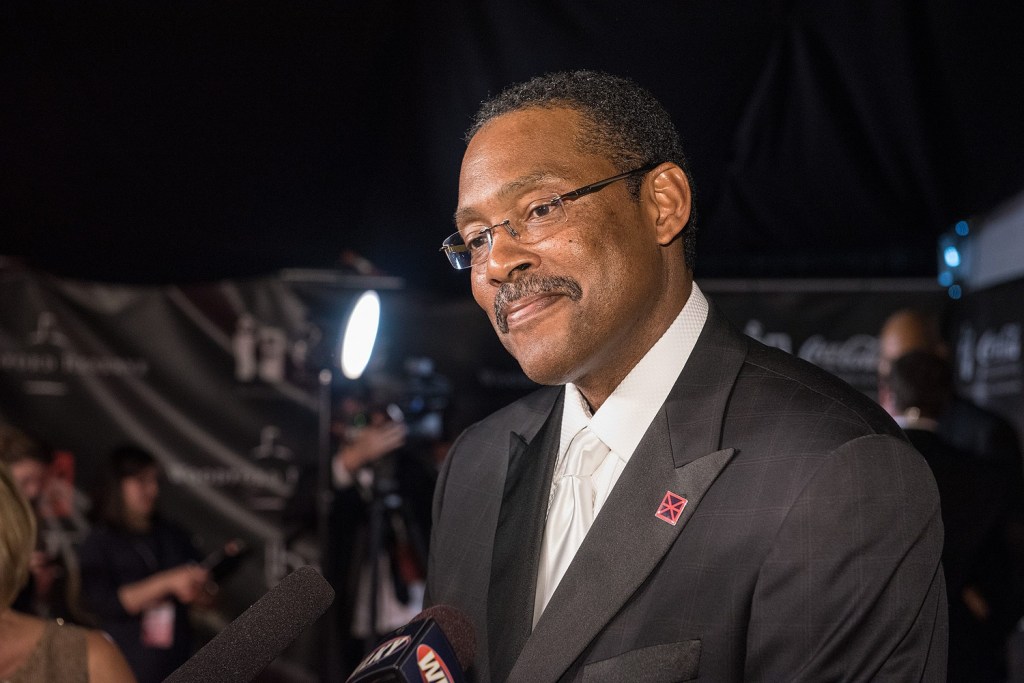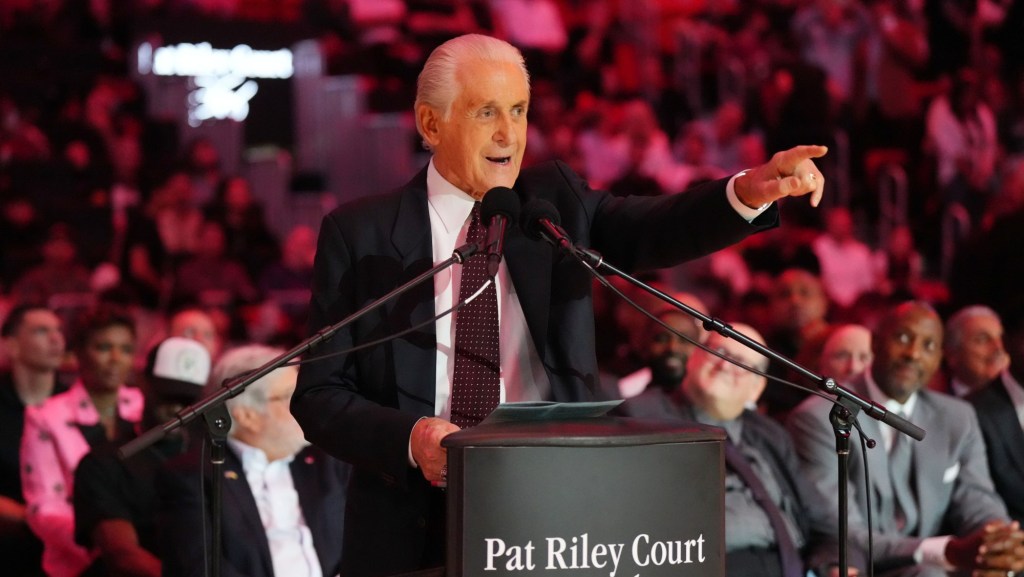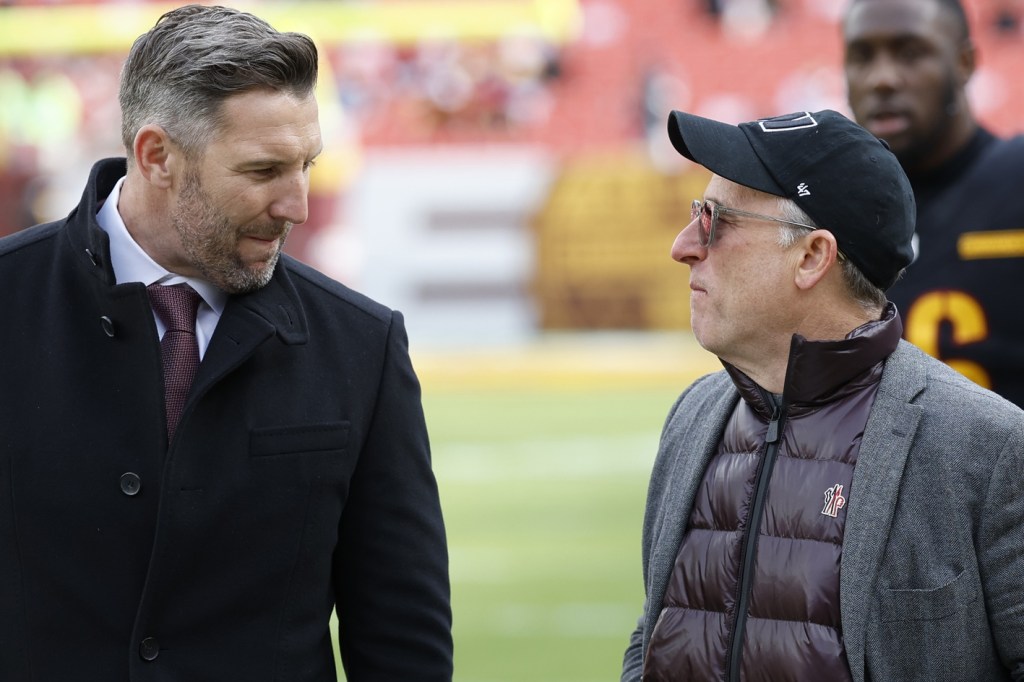A league commissioner tenure that almost wasn’t has become one of the most impactful in sports history—with large-scale changes still to come.
MLB commissioner Rob Manfred (above, right) was elected to his post 10 years ago today, the result of multiple votes in a lengthy and sometimes-fractious owners meeting in Baltimore that required the longtime league employee overcoming a pocket of opposition led in part by White Sox owner Jerry Reinsdorf.
But a decade later, Manfred has firmly placed his stamp on the game, and he is now perhaps challenging his predecessor and mentor, Bud Selig (above, left), in overall influence. Among Manfred’s key points of impact:
- Pace of play: Arguably his greatest success, Manfred last year introduced a series of rule changes led by the introduction of a pitch clock, which immediately resulted in a 24-minute reduction in average game times and 9.6% boost in attendance. Those gains have held, and then some, so far this season.
- Youth participation: Seeing a clear link between playing baseball as a child and lifelong fandom, Manfred made promoting both organized and casual play an immediate focus of his tenure, creating efforts such as the Play Ball program and the MLB Little League Classic. That has helped foster the highest level of baseball participation since 2008, and increases in youth consumption of the sport on platforms such as MLB.TV.
- International play: Under Manfred, MLB and the MLB Players Association have created the MLB World Tour, a multiyear global effort that will bring games to Latin America, Asia, and the U.K. Continental Europe remains a thorny challenge for MLB, but the league’s efforts around the world mirror the accelerating globalization by other major U.S. sports leagues.
- Labor: A bruising 99-day lockout before the 2022 season represented the sport’s longest work stoppage since the 1994–1995 strike that wiped out a World Series. The MLB-MLBPA relationship remains a complex matter, and economic imbalance between clubs is still a serious concern. But the resulting labor deal created many meaningful changes, including player compensation boosts, a new draft lottery, an expanded postseason, and a universal designated hitter.
- Minor leagues: One of Manfred’s more controversial moves has been a large-scale overhaul of the affiliated minor leagues, which was completed in early 2021 and included a reduction of teams from 160 to 120 and imposed much more stringent facility requirements on the remaining clubs. But the moves have elevated the standards of play and helped shorten the window for some draftees to reach the major leagues and increase the stature of MLB prospects.
The Final Stretch
In July 2023, Manfred signed a four-year contract extension that he says will be last, setting up an end to his tenure in January 2029.
In his remaining time, he will grapple with many pressing issues, including a reformation of the sport’s local media model, proposed new stadiums for the Rays and A’s, potential expansion, and another round of labor negotiations with the MLBPA.
